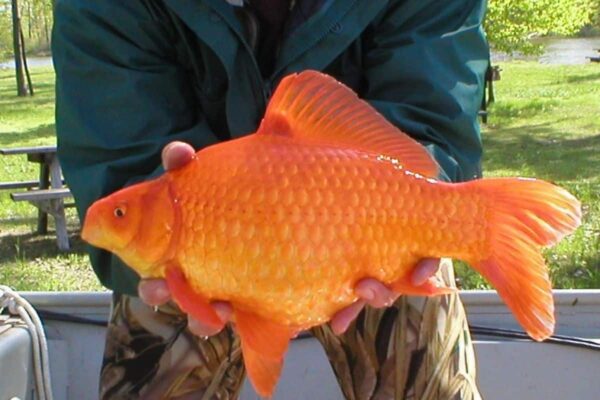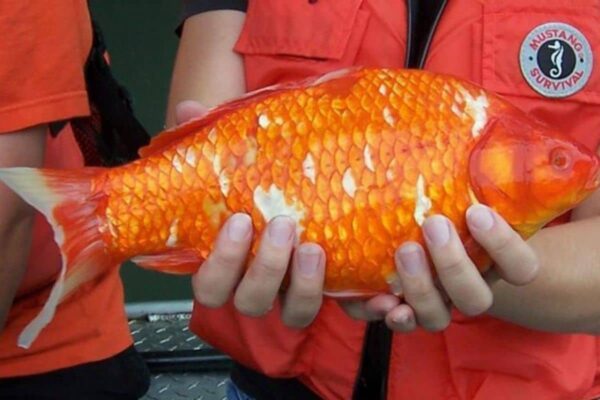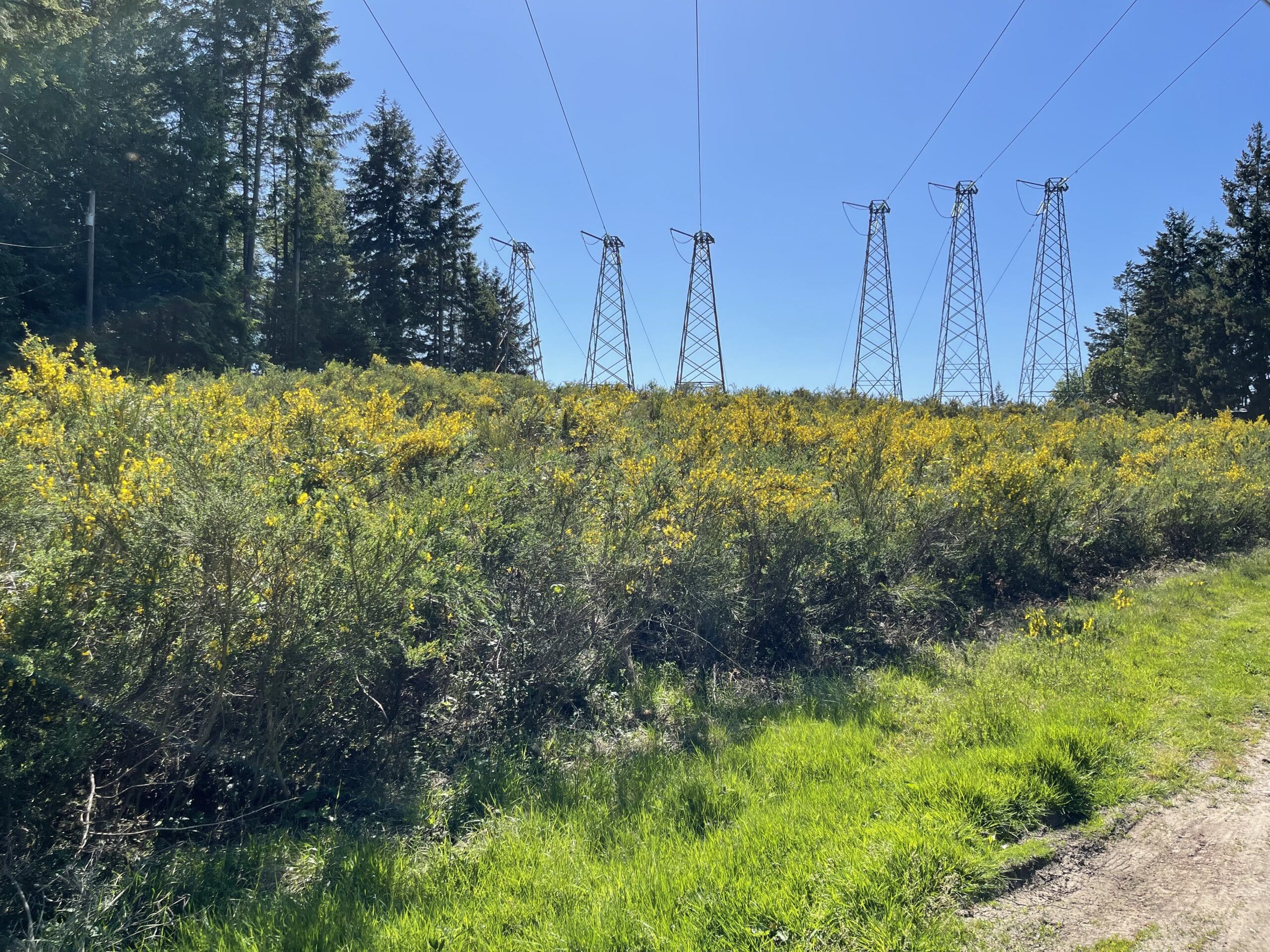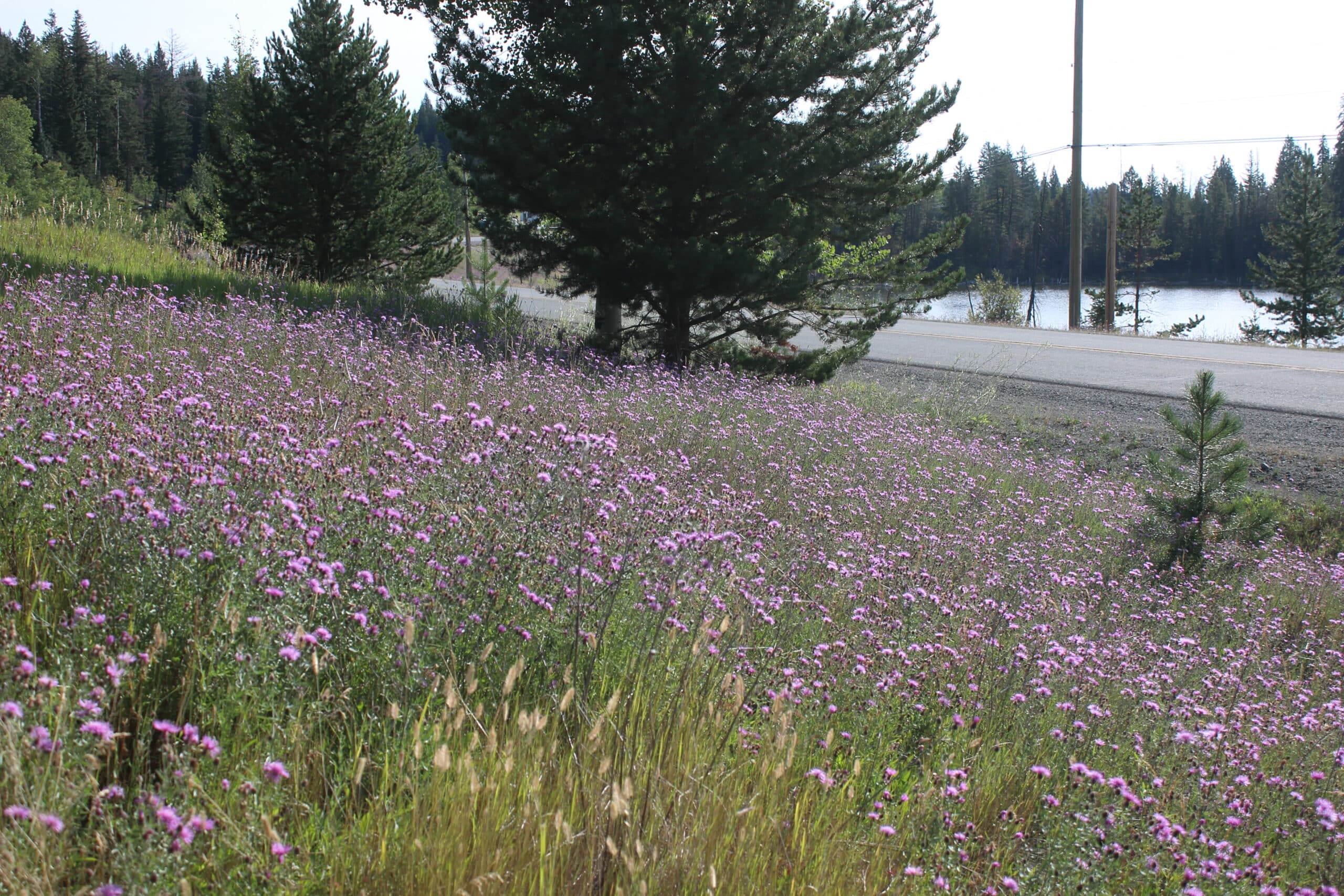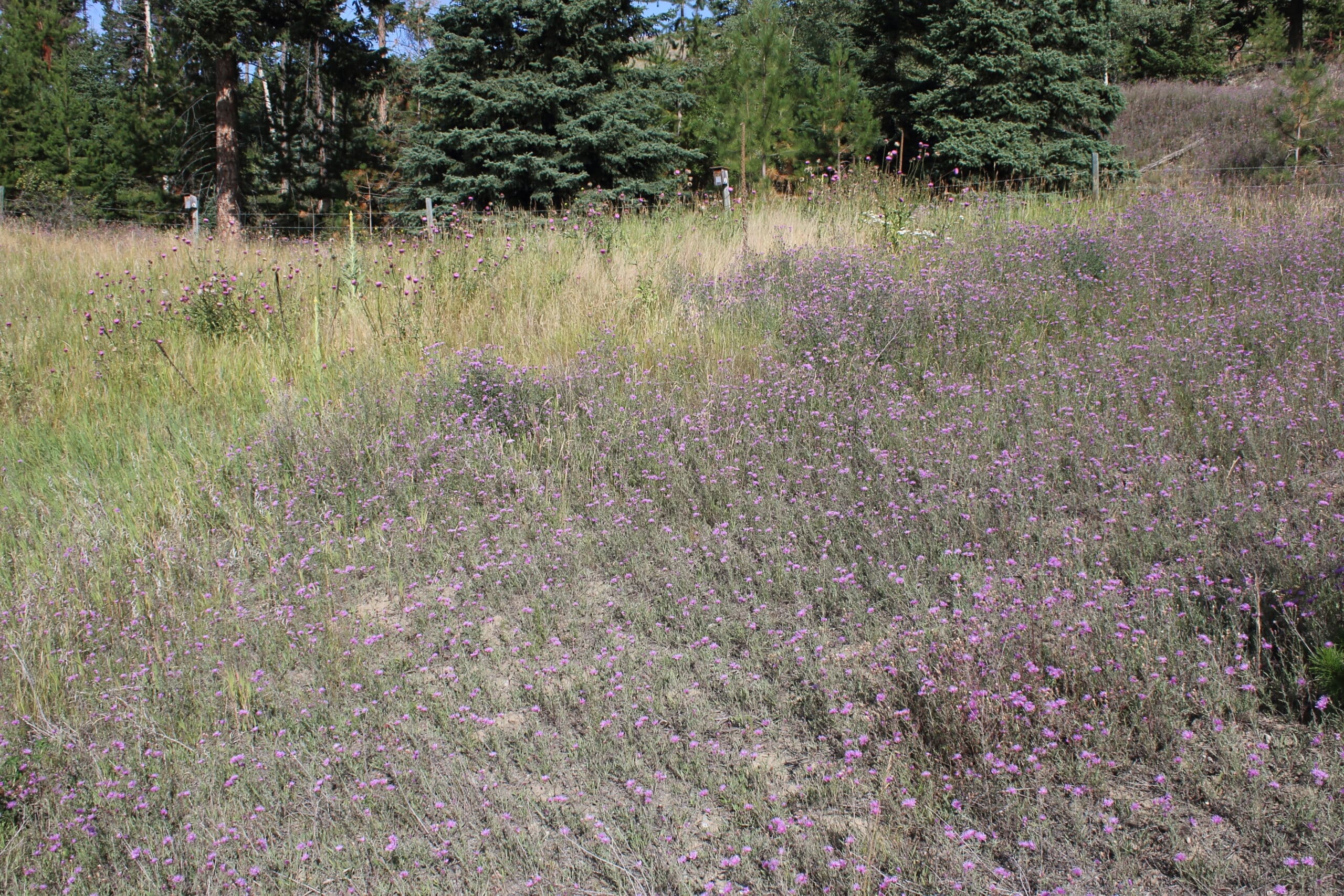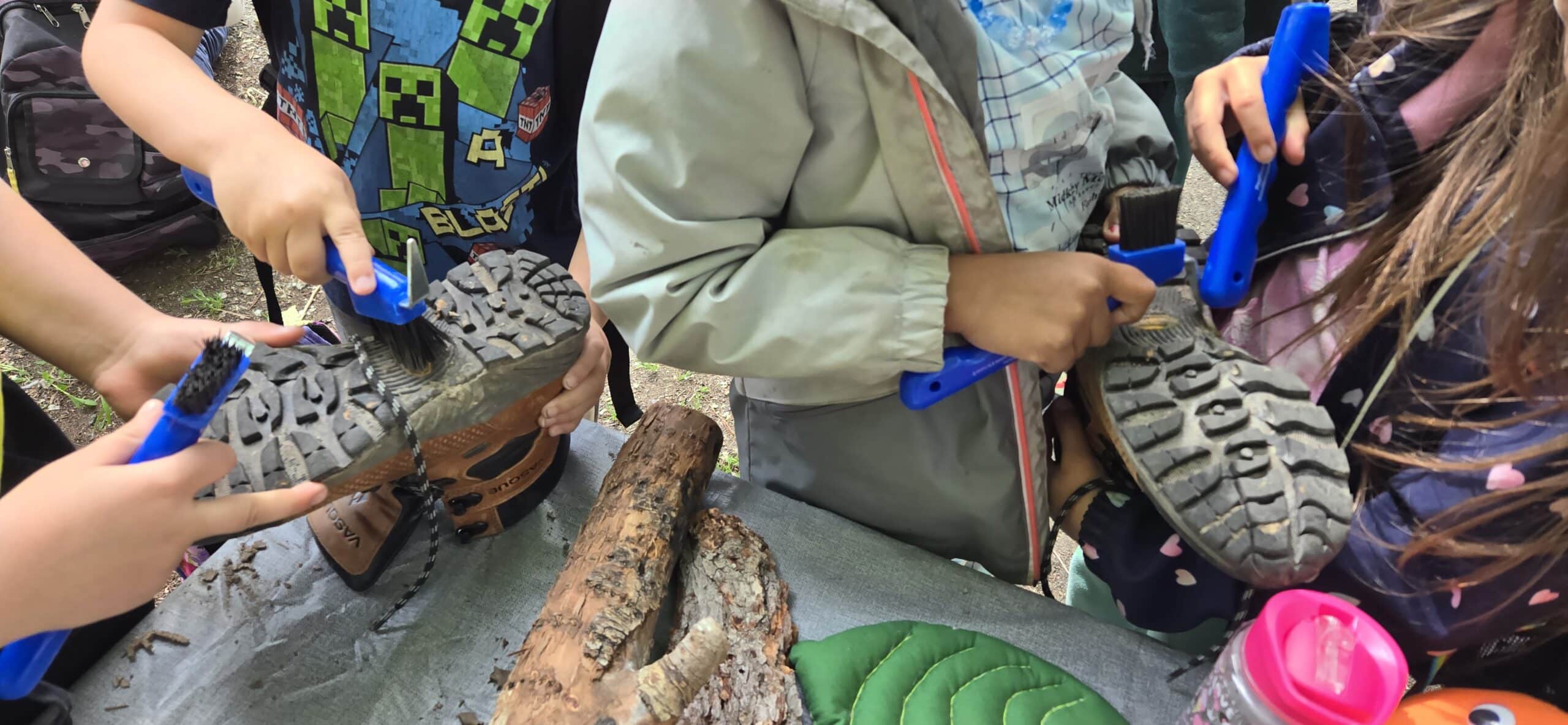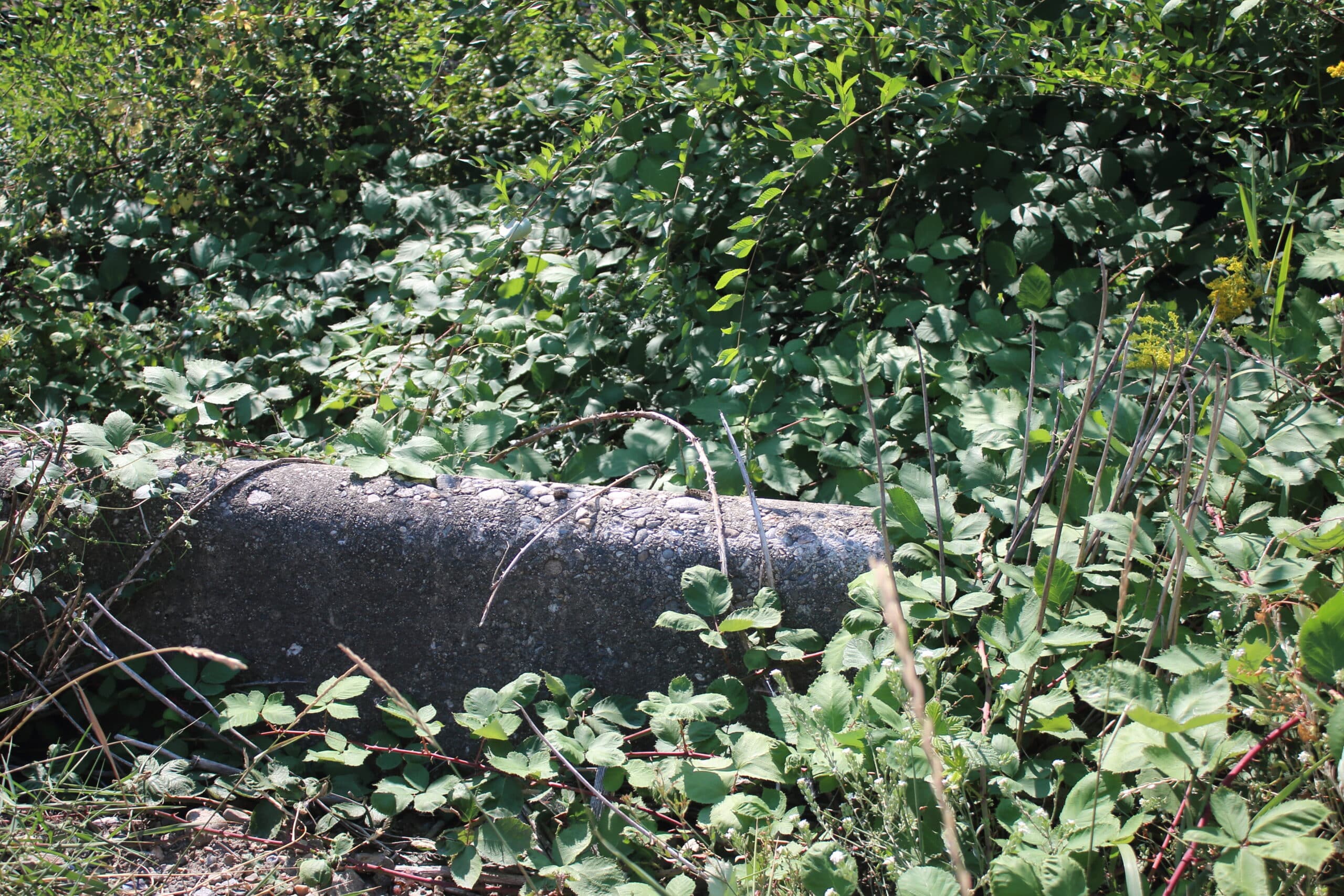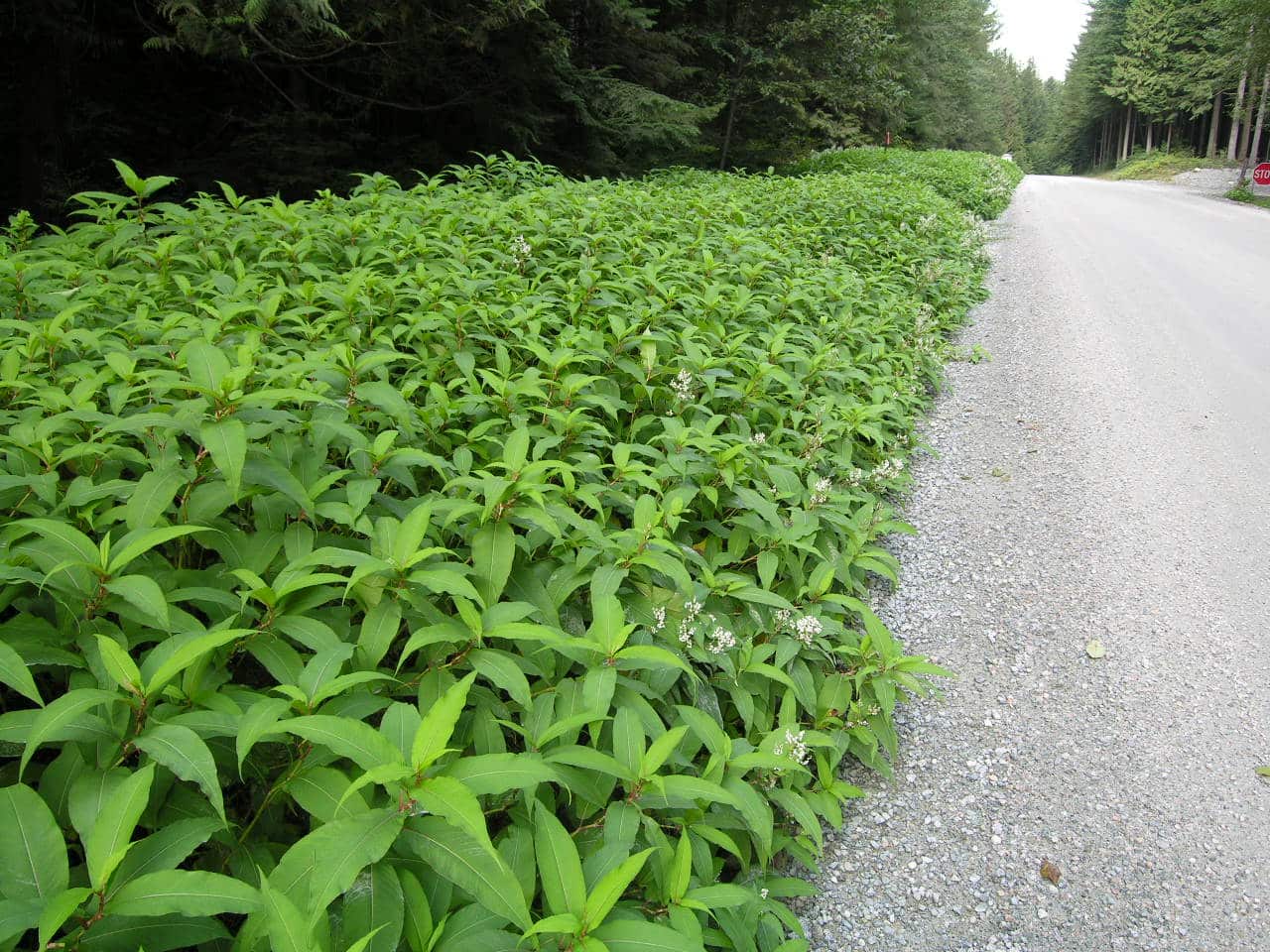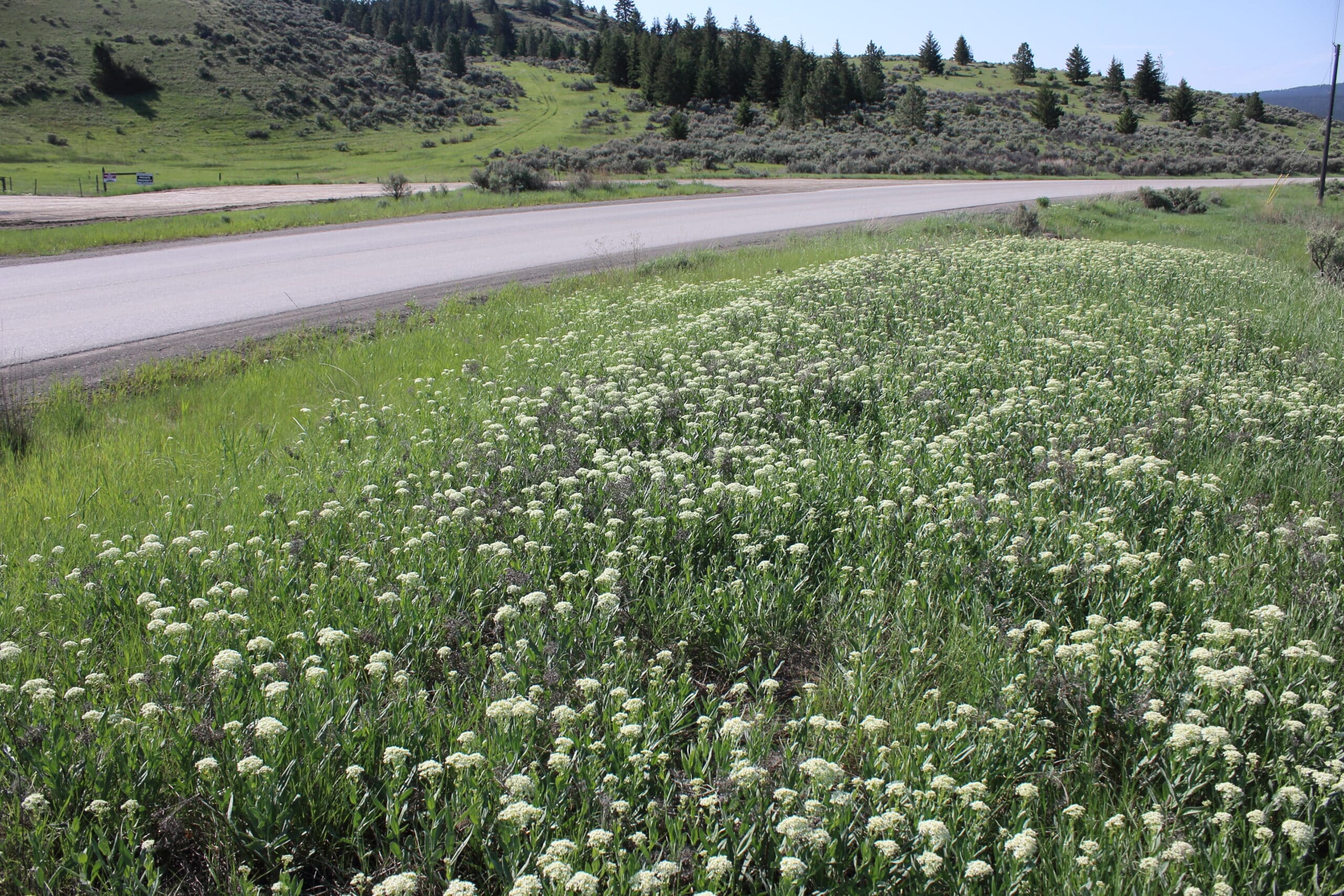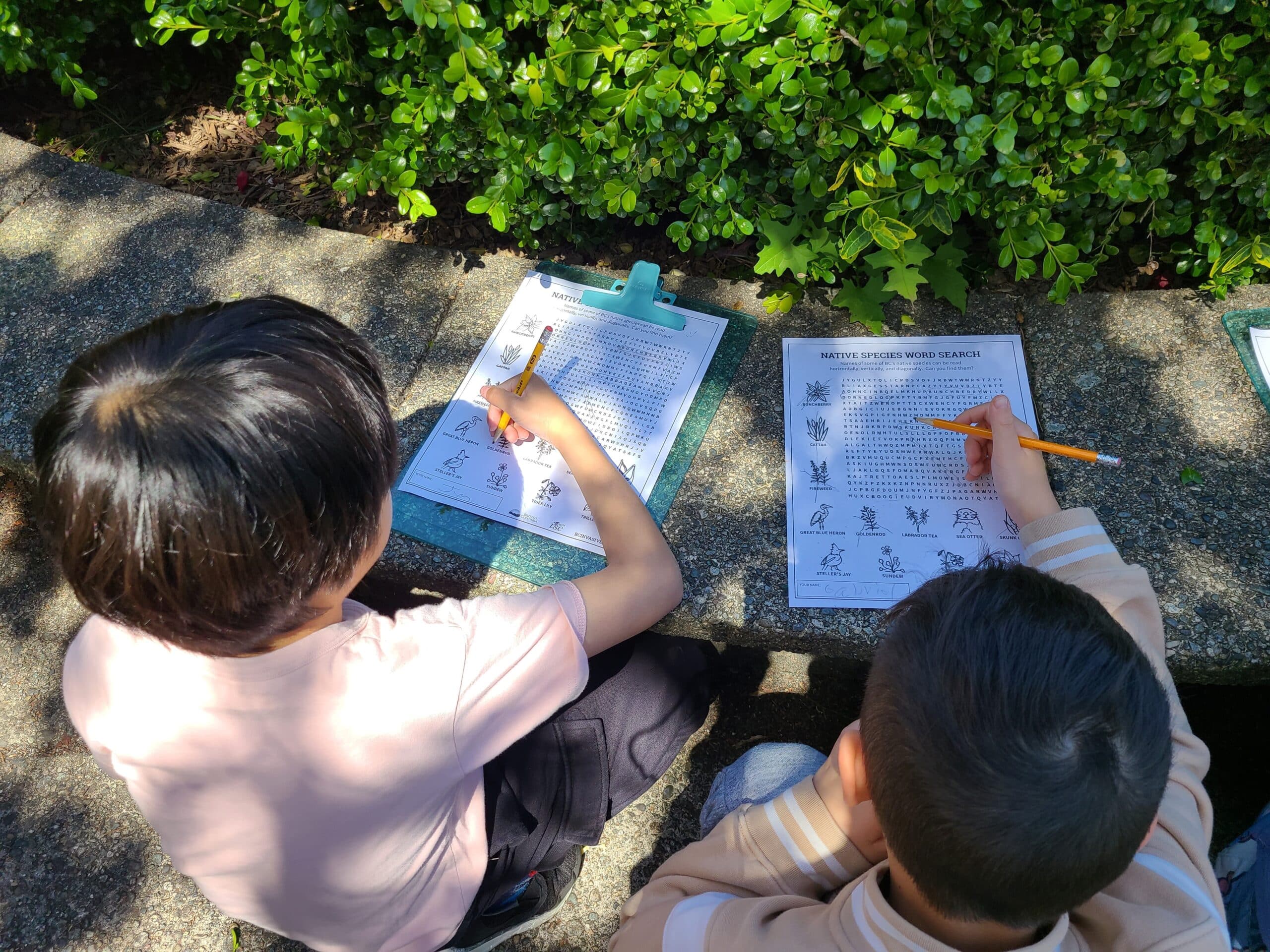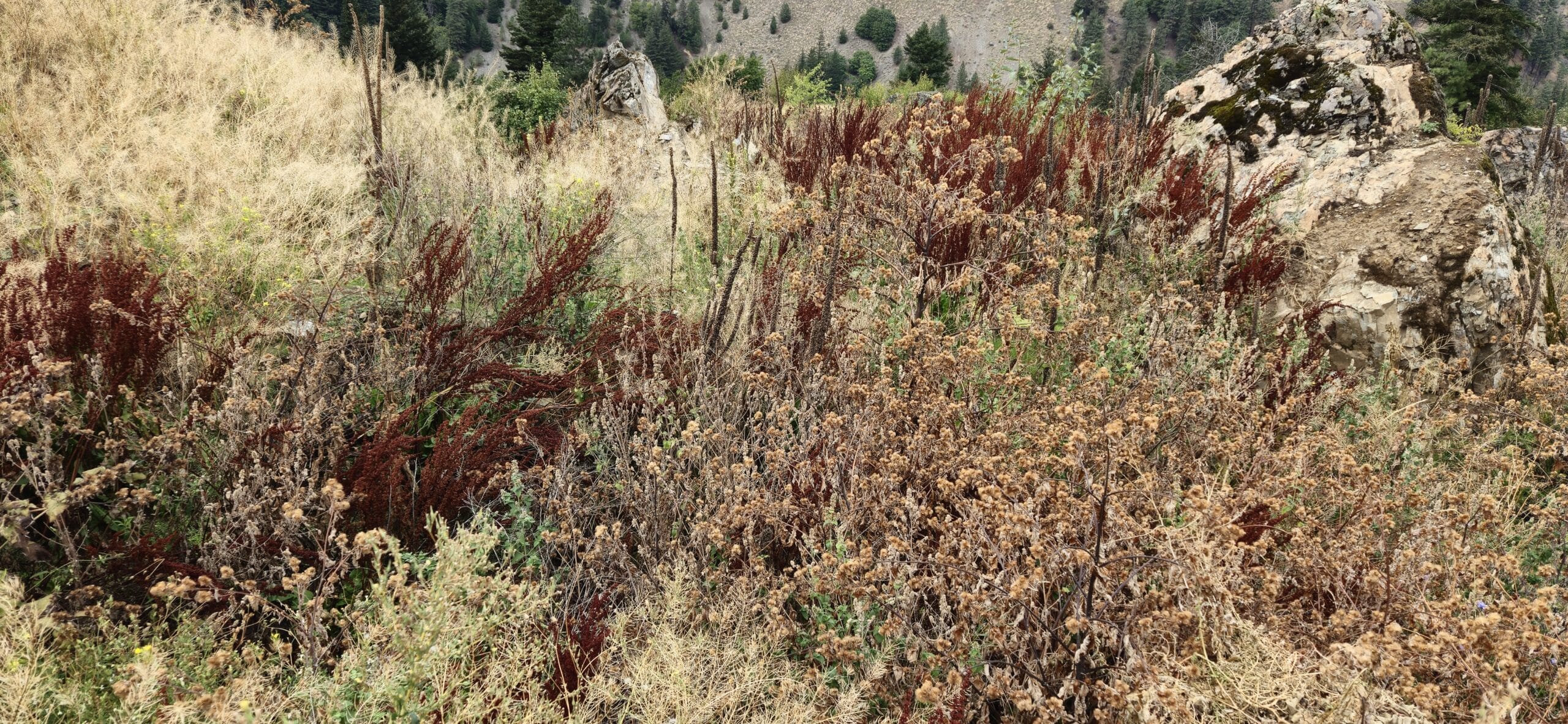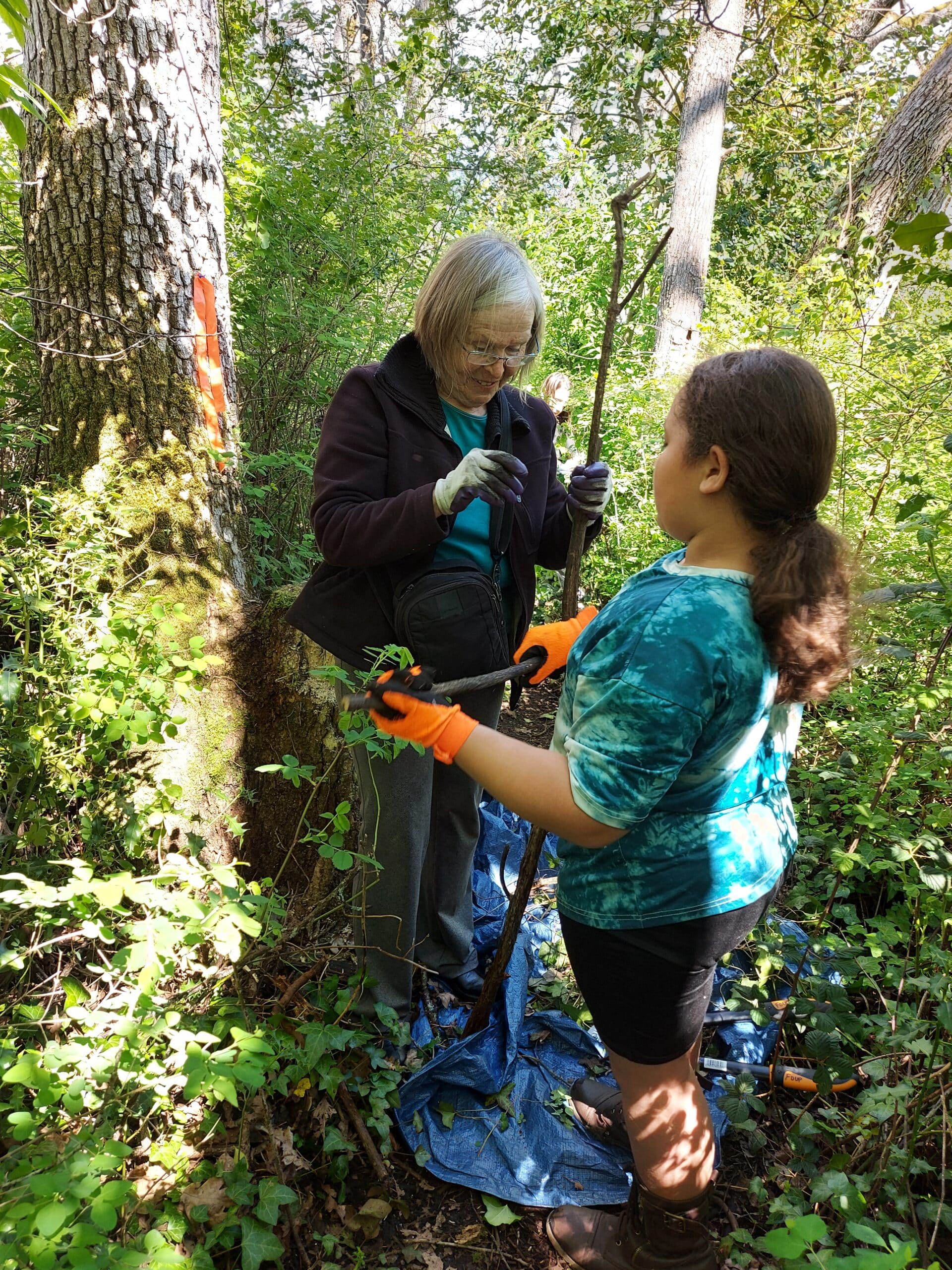Goldfish
About This Species
Goldfish are one of the most widespread invasive fish in North America. This is likely the result of releasing pets. They are in the Carp family and are native to Asia. Goldfish thrive in brackish streams, ponds, and lakes with aquatic vegetation. They are tolerant of low oxygen conditions and can survive water temperatures between 0-41 °C. They are omnivores, and feed on a variety of crustaceans, insects, smaller fish, and vegetation. Goldfish are known to reduce the clarity of the waters they inhabit, which reduces the amount of sunlight reaching underwater plants. This causes habitat loss for native aquatic species. Goldfish are designated as a Regional Containment/Control species by the BC Provincial Priority Invasive Species List.
How to Identify
Despite their name, Goldfish come in a variety of colours, from olive to silvery-white to gold and orange. Goldfish can interbreed with multiple species of carp, leading to numerous body forms and colours. Large goldfish may resemble carp in appearance and colour, however in goldfish the dorsal fin is always longer than the head and goldfish never have barbels (whiskers).
When fully mature, Goldfish typically reach 15-20 cm long and weigh 100-300 g. The largest Goldfish reported have been up to 59 cm long and weighed 3 kg. The head lacks scales. The dorsal fin is long, going from the middle of the back almost to the tail.
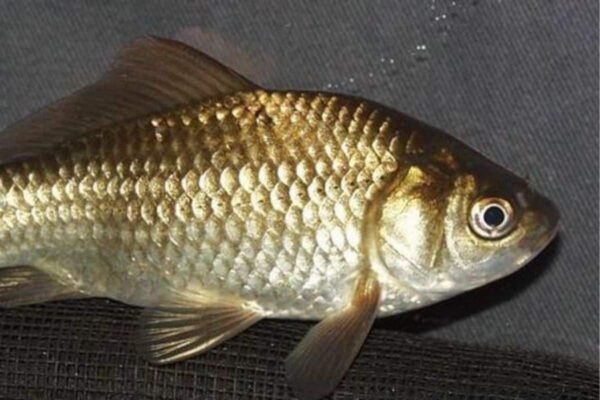
Take Action
Prevention is the best approach.
- Aquariums & Water Gardens Factsheet PDF
-
If you need advice about invasive species on your property or you are concerned about reported invasives in your local area, contact your local government or regional invasive species organization.
PREVENTION TIPS
It is illegal to move fish between waterways in BC. The use of live finfish as bait is strictly prohibited in BC.

Don't Let It Loose
Learn about best practices
Invasive species are plants, animals or other organisms that are not native to BC, and have serious impacts on our environment, economy and society. Never release your plants and animals into the wild or dump aquariums or water garden debris into rivers, streams, lakes or storm sewers!

Clean, Drain, Dry
Learn about best practices
The Clean Drain Dry program empowers you to help reduce the spread of invasive plants and organisms to BC waters by following the clean, drain, dry procedure on all watercraft and equipment.
REPORT TO PROTECT BC’S BIODIVERSITY

Use the app
Observe and report to protect BC’s biodiversity

Report through this website
Use our form to tell us what you’re seeing and where.



